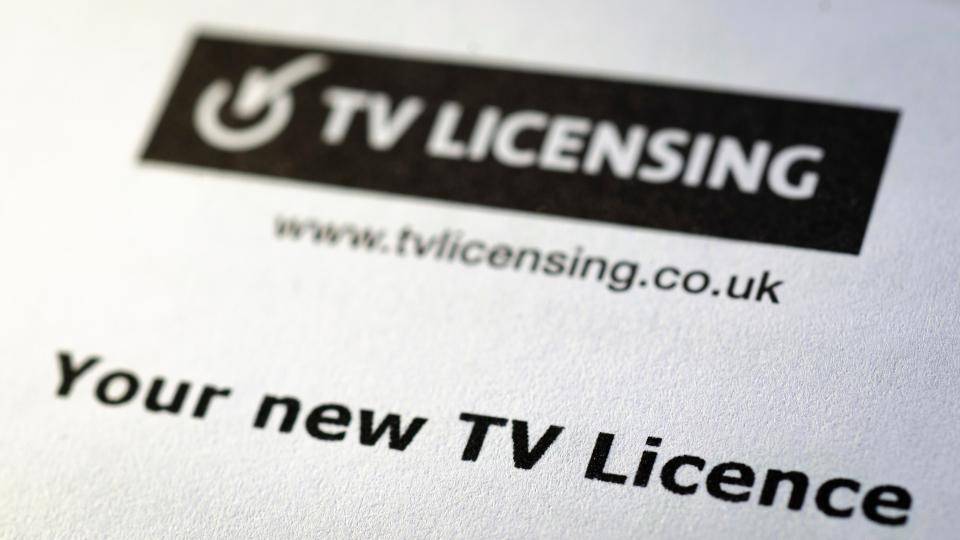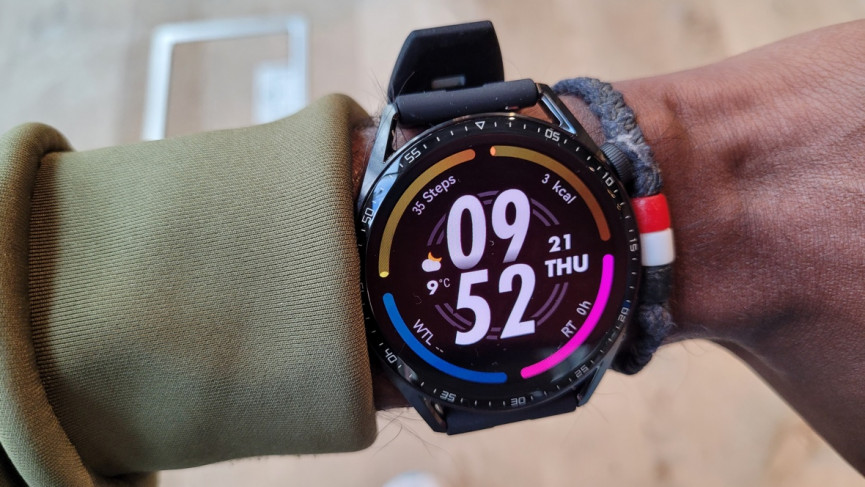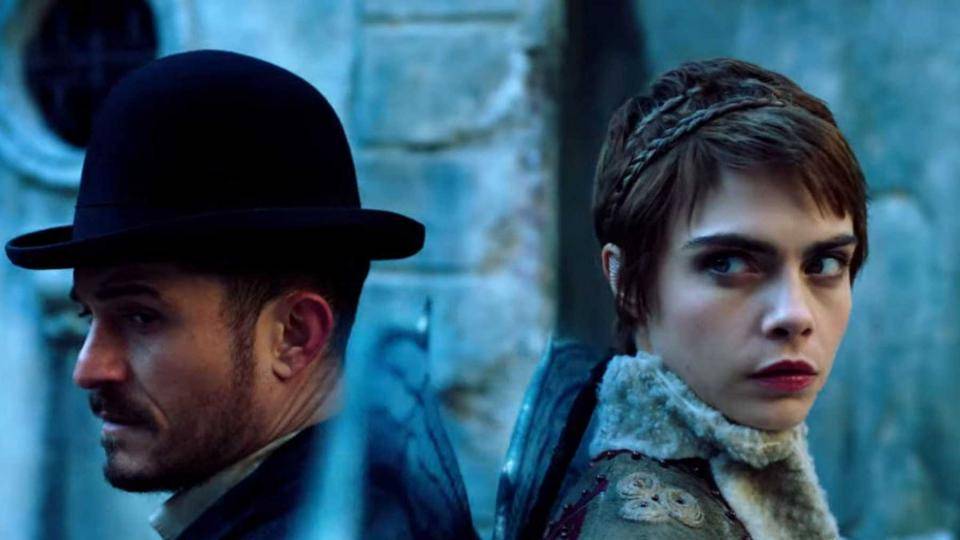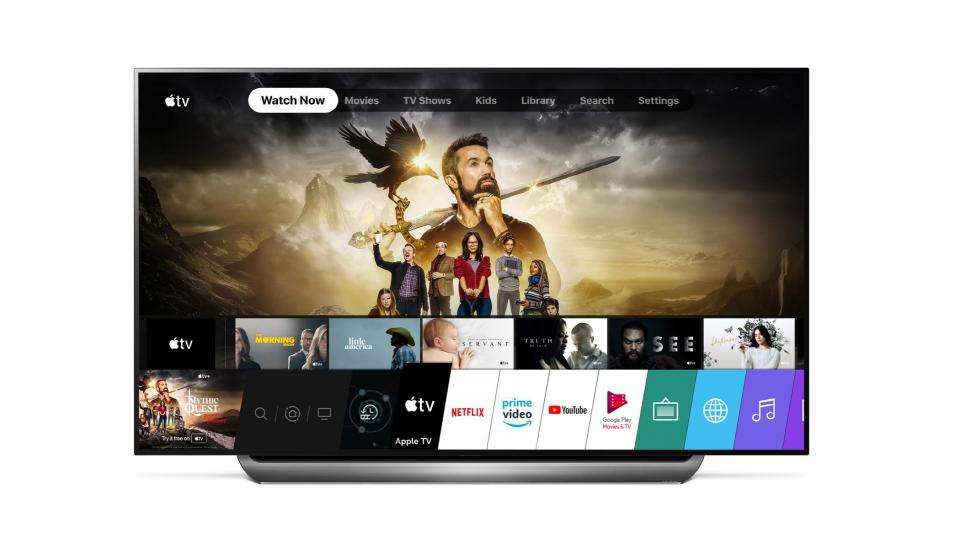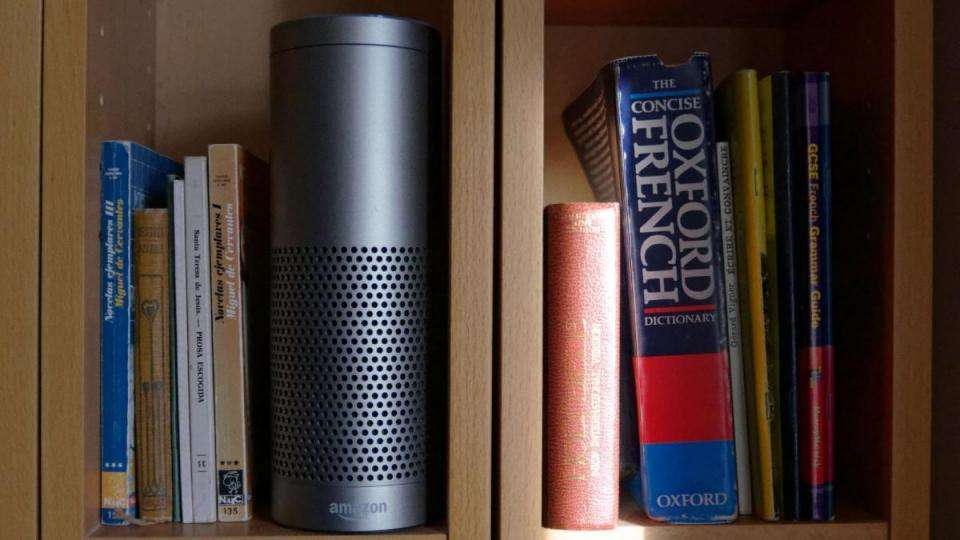January 04,2022
The UK TV licence fee is rising again this April
by David Stewart
The BBC announced yesterday that the UK TV licence fee will be increasing by £3 as of 1 April 2020. The annual cost of a TV licence is currently £154.50, a figure that will increase to £157.50 in April. This is the fourth price hike in the past four years.
To be fair, this isn’t an unexpected occurrence: in 2016, the British government announced that the TV licence fee was going to rise with inflation annually for five years starting from 1 April 2017. As you might have worked out, we’re currently in year four of five.
A £3 increase works out at about 2%, which the government says is in line with the Consumer Price Index rate of inflation. The black and white TV licence fee is also increasing from £52 to £53.
Whether you need to act on this information depends very much on when your TV licence is due for renewal. If you’re still going to be paying for your current annual licence AFTER 1 April, the cost will only rise to £157.50 once you re-up at the end of the payment year.
If your licence needs to be renewed between now and March, you’ll need to pay up BEFORE 1 April if you want to continue on the lower rate for another year. Those buying a TV licence on or after 1 April will, unsurprisingly, have to pay the new rate.
A TV licence is a requirement for anyone hoping to watch or record live TV, but not for those who just stick to catch-up or on-demand streaming services such as Netflix, Prime Video or Now TV – with the exception of BBC iPlayer.
The BBC says that it will be entering negotiations with the government to determine how the TV licence fee changes after the current five-year inflation-matching period is up. Prior to 2017, the last time the TV licence fee rose was in 2010.
